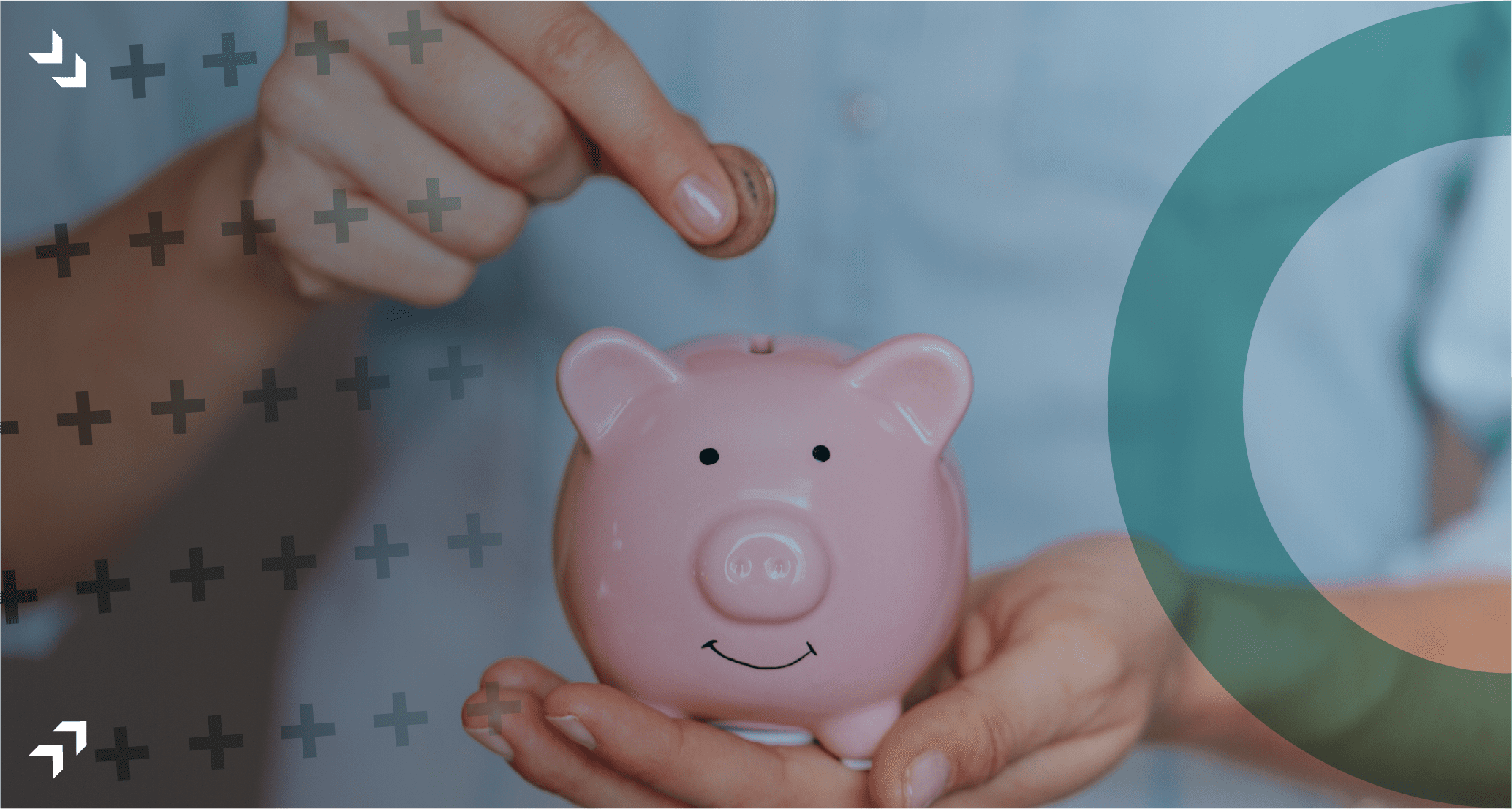- Coaches (3)
- Courses (25)
- Customer Success (10)
- Investment & Fundraising (6)
- Management & Leadership (34)
- Marketing (6)
- Prospecting (19)
- Sales (34)
- Sales Impact Academy News (23)
- Wellbeing (9)
How to Replenish your Happiness Currency for the New Year!

- Wellbeing
- Simone McNichols-Thomas
- Estimated Reading Time: 6 minutes
Bupa Global’s Executive Wellbeing Index, concluded more than three-quarters of business leaders (78%) have experienced poor mental health during the pandemic. (Forbes)
Burnout in the world of a startup is no new concept, but with ongoing pressures to survive and thrive throughout the COVID-19 pandemic, we now more than ever, have to talk about mental resilience and how to replenish our happiness as we attempt to scale our businesses.
Adrienne Saunders, Founder of Yes You Can Training, delivers corporate and personal skill development to SME’s. She advises on how to build our ‘happiness currency’ so we can remain resilient in the workplace. Happiness is the ultimate KPI metric for humans. We make profits and losses on our happiness currency, just like in business, which affects our resilience. So, when employees are happy, the business is happy!
This year Adrienne took us through the warning signs of weakened resilience and how to get back your workplace mojo. With the year coming to a close, why not take the time to check in with yourself – you’ll be a sales professional as a result.
Firstly, what does being deep in your happiness overdraft feel like?
Stressful situations are what can trigger your happiness currency to dwindle. Adrienne says feeling apathy towards your work and not being able to concentrate are common symptoms of this. At first it may not impact your work, but running on adrenaline is not sustainable.
Over time, if you don’t know how to spot the signs, your resilience levels deplete to a point where you’re no longer productive and you enter the ‘danger zone’ – You’ve used up all the adrenaline and your work performance suffers.
Signs your resilience reserves are depleting!
- Anger and irritability 😤😩
This is when you get angry quickly over small things and you fixate on issues you wouldn’t normally care about. Have you caught yourself being irritated when you should be relaxing? Try and identify these moments – they can be indications that you’re stressed which is affecting you emotionally.
- Lack of sleep 😴🥱
Not being able to get to sleep or switch off is a sign you’re not managing your work life balance well and your resilience is low. Are you going over and over conversations you had with your team at night? It can also be that you’re very sleepy but you wake up feeling like you haven’t slept at all!
- Over or under-reaction to stress 🤯😐
Over-reaction is quite common and is easily recognisable. We make a big deal over something we otherwise wouldn’t have obsessed over. Alternatively, under-reaction can often take the shape of indifference. You may find yourself thinking, “I don’t care” or “I don’t have the strength or energy to deal with this problem.”
How to deposit into your bank of happiness?
Resilience is something we all have to work on. Build up your resilience by cashing in on your happiness currency. This may take the form of a favourite book or TV series, a bike ride or meal with a loved one. What will replenish you may be different to someone else so take the time to understand what makes you happy. Why not use the Christmas and New Year’s break to identify these things and recharge for Q1.
Here are four actions Adrienne says you can take to strategically replenish your ‘happiness currency’ and resilience reserves.
1. Stop Strategically
You strategically replenish your happiness and resilience by blocking out time for yourself in your week. Find something that helps you completely and utterly switch off.
2. Take detachment breaks
Humans can only concentrate for 90-120 minutes on average. If we try to push through this attention barrier at work, we will be much less efficient. Take a detachment break to avoid burnout. Stretch your legs, have a coffee, eat your lunch away from your desk and give your brain time to breath. These things won’t happen by themselves – set a reminder on your phone!
3. Cultivate compassion.
Take time to address your inner critic. Would you speak to other people the same way you talk to yourself? If a colleague told you they were overly tired, burnt out, and not concentrating well, would you tell them to keep working? Forgive yourself for being where you are.
4. ‘The Happiness Map’
A task you can do to help identify what truly brings you joy creating a happiness map. See below:

Low happiness currency has tangible costs for businesses like low productivity and increased sick days. As managers, consider embedding resilience training into your professional development initiatives or offering ‘Wellbeing Days’ to staff so they have time to replenish their reserves.
Be sure to catch up on Adrienne Saunders full broadcast on YouTube, Replenishing Your Happiness Currency – Adrienne Saunders! AND register for our upcoming events! Head over to our events page.

